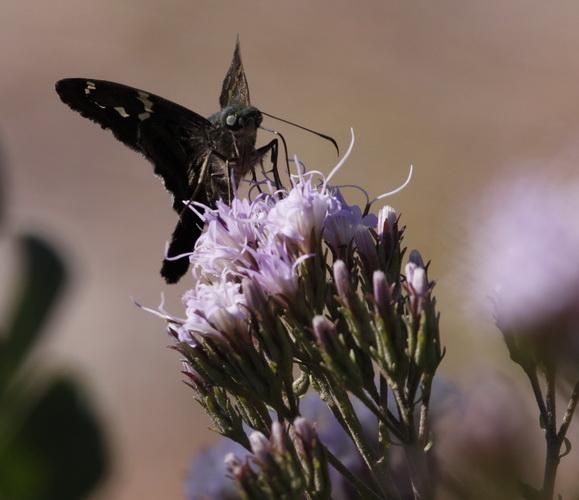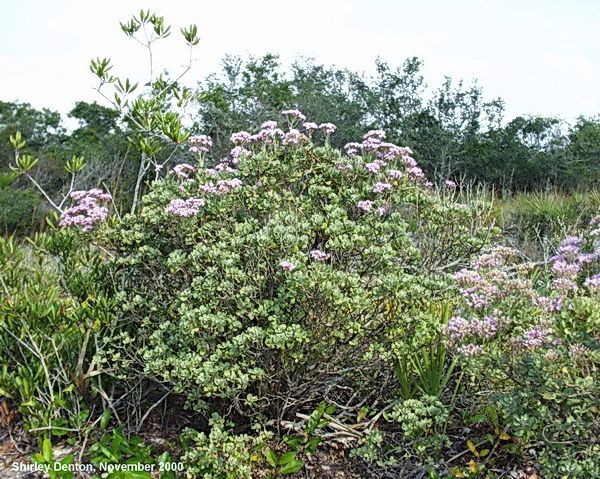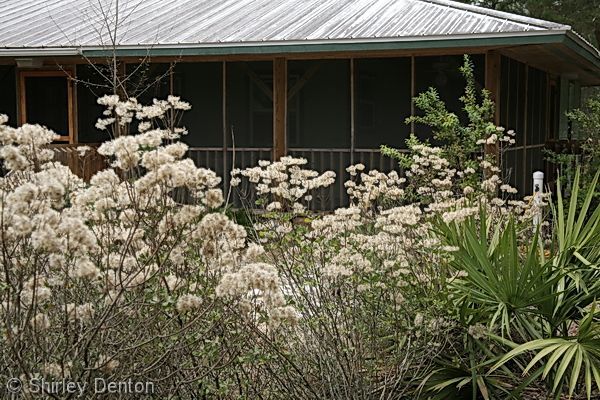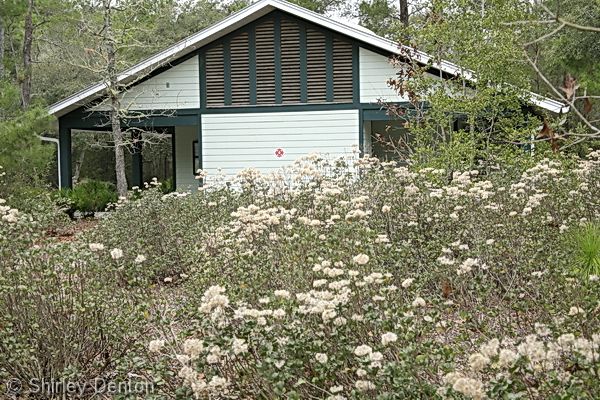FNPS Plant Database
Garberia heterophylla
Nomenclature
Common Name:
Synonym(s):
Genus species:
Family:
Asteraceae (Compositae)
Plant Specifics
Form:
Size:
Life Span:
Long-lived perennial
Flower Color:
Fruit Color:
Phenology:
Noted For:
Landscaping
Recommended Uses:
Considerations:
Availability:
Propagation:
Light:
Moisture Tolerance:
Always Flooded---------------------------------Extremely Dry
□□□□□□□□□□□□□□□□□□□□□□□□□□□□□□□□□■■■■■■□□□
Somewhat long very dry periods -to- Very long very dry periods
Salt Water Flooding Tolerance:
Unknown
Salt Spray/Salty Soil Tolerance:
Low/no tolerance of salty wind or direct salt spray
Soil or Other Substrate:
Soil pH:
Suitable to Grow In:
8A,8B,9A,9B

USDA zones are based on the average annual extreme minimum winter temperature.
Don't know your zone? Click here to search by zip code.
Vouchered In:
Ecology
Wildlife:
Attracts butterflies and moths, bees, and other insects. Documented bees include Colletes mandibularis, Agaposternon splendens, Augochlora pzcra, Augochlorella aurata, Augochloropsis rnetallica, Dialictus ~niniatulus, D. Nymnphalis, D. Placidensis, Anthidiellum notaturn rufimaculatum, Coelioxys mexicarza, C. Sayi, Megachile merzdica, M. Pruina, M. Xylocopoides, Epeolus carolilzus, Bolnbzcs impatiens and Xylocopa virginica krombeini (Deyrup et al. 2002).
Native Habitats:
Comments:
Ethnobotany:
General Comments:
Citations:
Deyrup, Mark, Jay Edirisinghe, and Beth Norden. (2002). The diversity and floral hosts of bees at the Archbold Biological Station, Florida (Hymenoptera: Apoidea). Insecta Mundi, 544. ( https://digitalcommons.unl.edu/insectamundi/544/ ). Accessed 2026. University of Nebraska, Lincoln, NE.
Haehle, Robert G. and Joan Brookwell. (1999). Native Florida Plants. Gulf Publishing Company. Houston, TX.
Huegel, Craig N. (2012). Native Wildflowers and Other Ground Covers for Florida Landscapes. University Press of Florida, Gainesville.
Nelson, Gil. (2003). Florida's Best Landscape Plants: 200 Readily Available Species for Homeowners and Professionals. University Press of Florida, Gainesville.
Osorio, Rufino. (2001). A Gardener's Guide to Florida's Native Plants. University Press of Florida, Gainesville.
Traas, Pamela. (2001). Gardening for Florida's Butterflies. Great Outdoors Publishing Co, St. Petersburg, FL.
Wunderlin, R. P, B. F. Hansen, A. R. Franck, and F. B. Essig. (1999+). Atlas of Florida Plants. ( https://florida.plantatlas.usf.edu/ ). [S. M. Landry and K. N. Campbell (application development), USF Water Institute.] Institute for Systematic Botany, University of South Florida, Tampa.












